
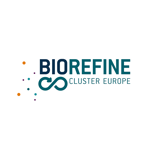
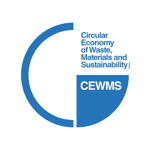
The CEWMS Study Center – Circular Economy, Waste, Materials and Sustainability is a interdepartmental center of the University of Padova (IT) that involves more than 67 professors and researchers, belonging to different departments of the University (Civil, Construction and Environmental Engineering, Industrial Engineering, Technique and Management of Industrial Systems, Biology, Chemical Sciences, Public, International and Community Law, Economic and Business Sciences, Psychology of Development and Socialization, Geosciences, Territory and Agro-forestry Systems). The study center contributes to develop interdisciplinary research and create new synergies, becoming a reference point for the implementation of circular economy practices.
WEBSITE

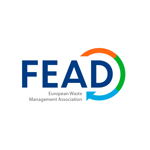
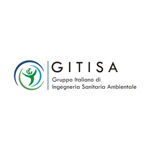
The Italian Group of Environmental and Sanitary Engineering (GITISA) is the Association of professors in the scientific disciplinary sector of Sanitary-Environmental Engineering from over 25 Italian universities. The aim of the association is to promote and coordinate both teaching and research activities. To this end, it carries out its activity through working groups, assemblies and meetings, collaborating in the organization of conferences, symposiums, summer schools, also jointly with other associations and scientific bodies, both national and international.
WEBSITE
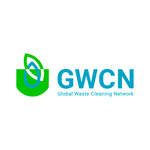
Global Waste Cleaning Network (GWCN) is a UK-based non-profit network comprised of NGOs, educational and research institutions, and private and public sector companies, that are active and interested in environmental issues related to the management and reduction of waste, whether solid, liquid or gaseous. It is currently the world's largest environmental and energy network with over 2,100 member organisations in 187 countries, and an advocate organisation for decarbonization, environmental sustainability and energy transition. GWCN showcases and connects its network members, supports their environmental activities, contributes to environmental events and discussions, and fosters environmental research.
WEBSITE
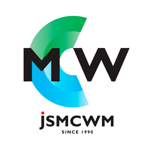
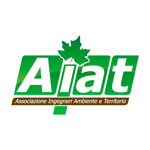
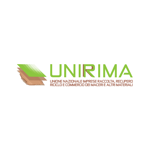
UNIRIMA, National Union of Recovery and Recycling Paper Companies, is an autonomous Association that represents and protects the Italian companies active in the collection, recovery, recycling and commercialization of paper. The waste sorting of paper and cardboard, both from the municipalities (municipal waste) and commercial, artisanal, industrial and tertiary (special waste) activities, is conferred to the recovery/recyclying plants that are members of UNIRIMA. The paper output of those plants, called Raw Material-End of Waste, is sent to the paper mills. The entire sector counts over 700 plants with a production of about 6,6 million tons of recycled paper. UNIRIMA is the main and largest Italian federation in this industrial sector and, therefore, is a reference point for this historic segment of the Italian "green" industry that since its origin has represented a perfect example of circular economy, reusing leftovers and recycled waste for the production of new paper.
WEBSITE